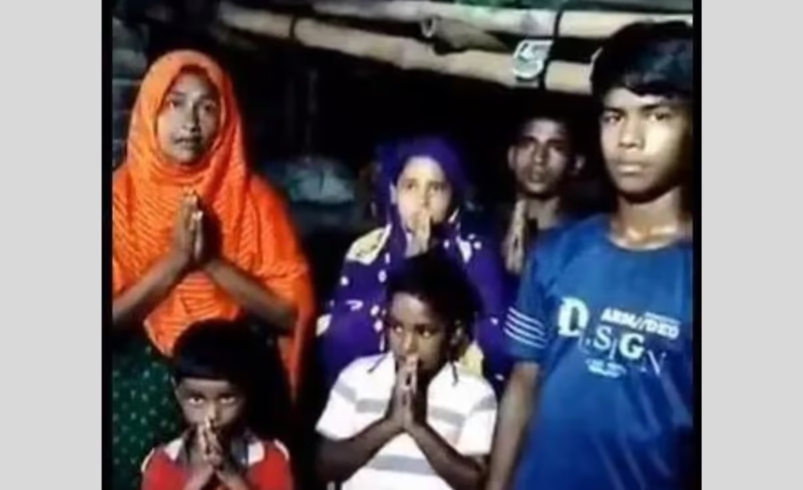Stateless and Incarcerated: Pregnant Woman’s Plea for Hope
- August 23, 2025
- 0

Sunali, a 26-year-old woman from Birbhum, West Bengal, finds herself in a precarious situation as she navigates the complexities of nationality and legality. Recently detained in Bangladesh, Sunali is expecting her child any day now, yet she faces uncertainty over her and her unborn child’s citizenship status. Despite possessing an Aadhaar card and voter ID from India, Sunali was labeled an “illegal immigrant” while working in Delhi, leading to her current predicament.
Sunali’s journey to Bangladesh was not one of choice but rather a consequence of circumstances beyond her control. Her arrest and subsequent imprisonment highlight the challenges faced by individuals caught in the crossfire of immigration laws and border politics. As she awaits the birth of her child behind bars, questions loom about the nationality her baby will inherit—a decision that could shape their future significantly.
The case of Sunali underscores the broader issues surrounding immigration policies in South Asia. With stringent laws governing citizenship and residency, individuals like Sunali often find themselves trapped in legal limbo. Human rights advocates argue that such cases demand urgent attention to ensure that basic rights are upheld, especially for vulnerable populations like pregnant women.
The implications of Sunali’s situation extend beyond her immediate family. Communities on both sides of the India-Bangladesh border are affected by these legal entanglements, as families are torn apart and livelihoods disrupted. The emotional toll on those involved is immense, with many facing prolonged separation from loved ones.
Sunali’s story serves as a poignant reminder of the need for comprehensive policy reform to address statelessness and protect individuals’ rights across borders. As governments grapple with these complex issues, there is a growing call for collaborative efforts to create humane solutions that prioritize human dignity and justice.